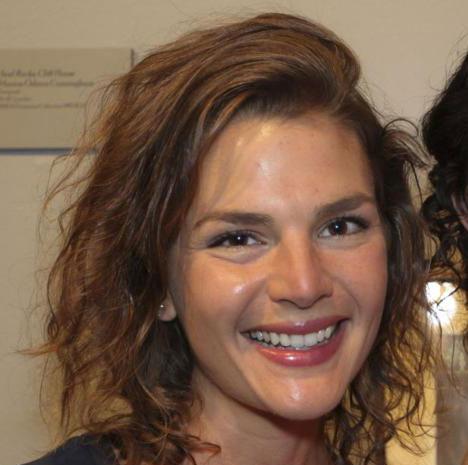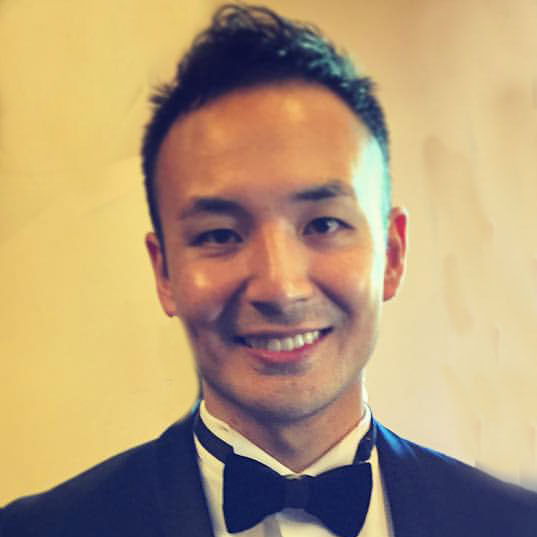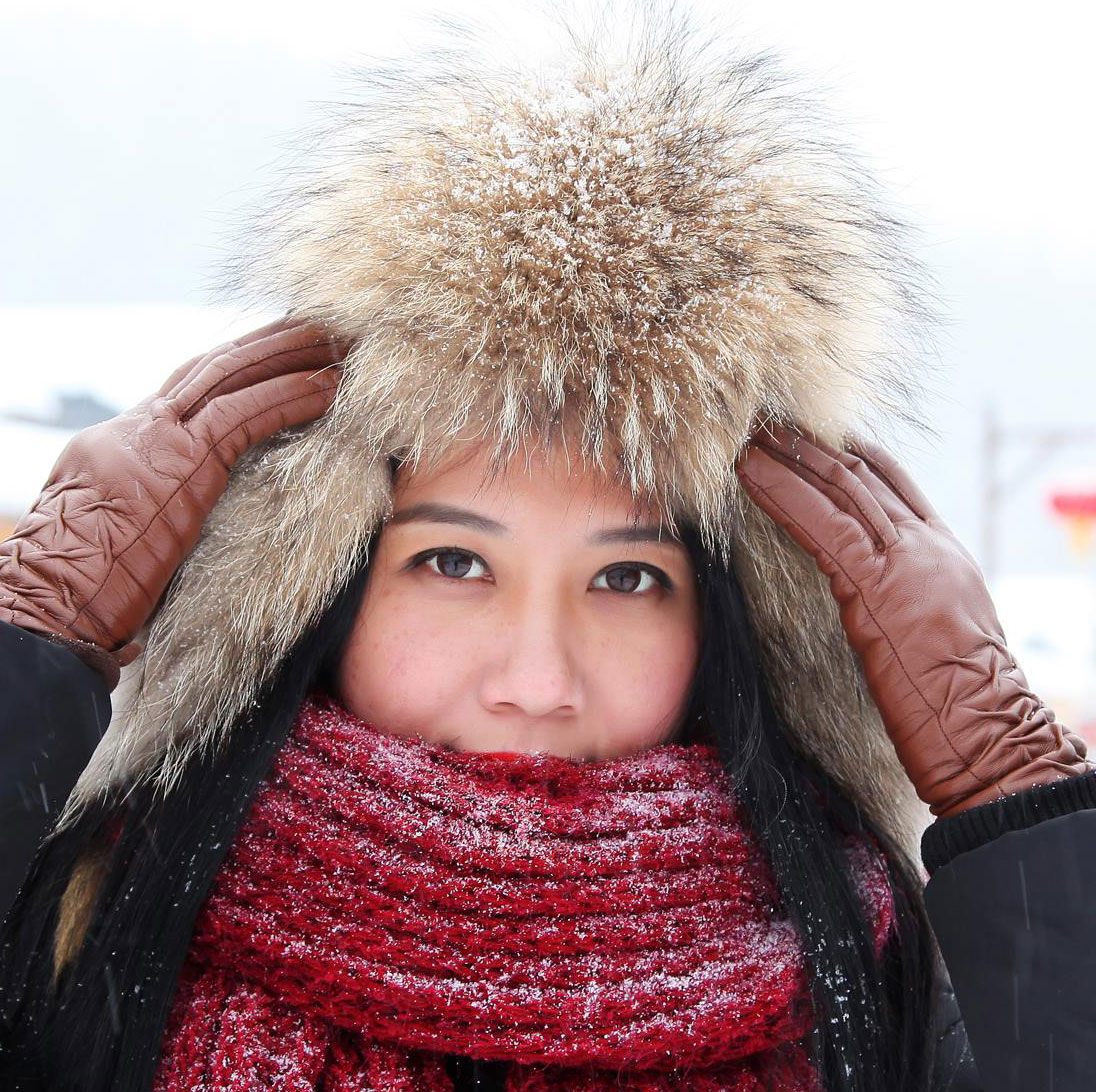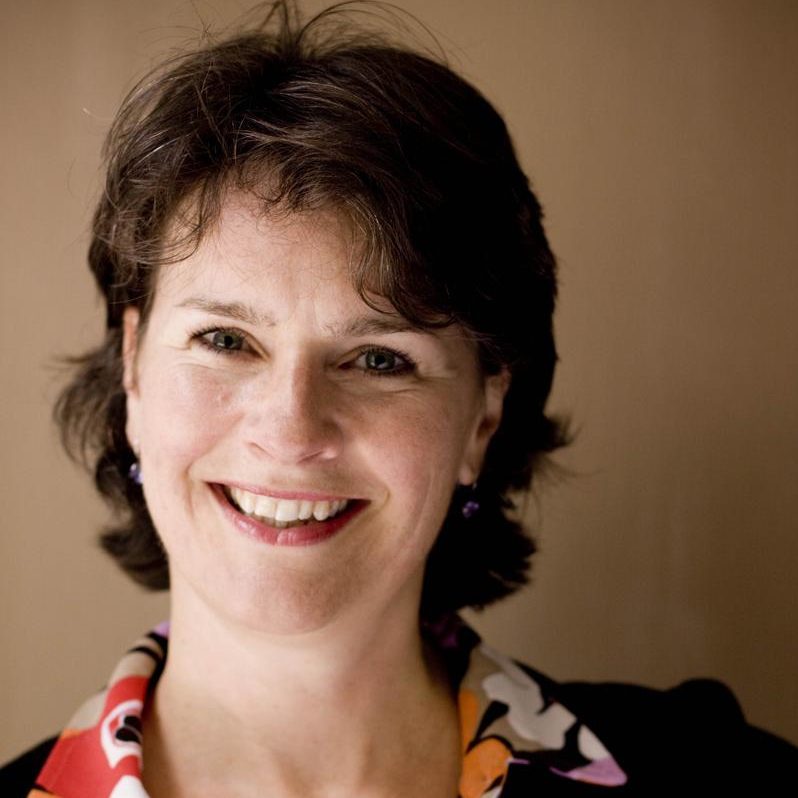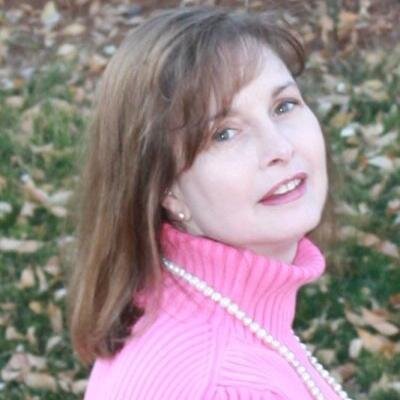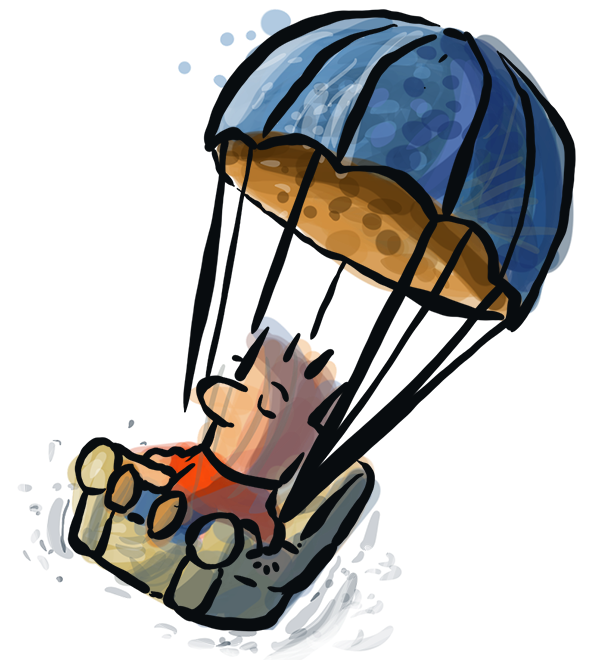
2-day Photography Workshop: Lisbon, Portugal
How to photograph strangers (and have them call you back to take more pictures)
(Using an actual camera or a phone)
Do you ever run into trouble taking pictures of your family?
Seems like a silly question to ask, doesn't it? On most days, you can whip out your phone or your camera and taken endless pictures of your friends and family. Yet, the moment you turn your camera onto strangers, you get the look.
“Are you taking pictures of me?” they ask you.
This slight pushback on the part of strangers is why most photographers will give you specific advice. They'll advise you how to stand way out in the distance to get a photo, take the picture in secret, or worse, snap and run.
This method of hit-and-run is clearly ridiculous.
Strangers are more than happy to get their pictures taken, but they need to feel like family. They need to understand why you're taking the photos and how those pictures honour them in some way.
“Honour” seems like a fancy word.
But we live in a world where a photo has been cheapened by phones and social media. Somehow, your photo needs to be different. It needs to make the person look and feel special. In many cases, it needs to honour the work they do and the life they live. When you go about taking photos in such a manner, you are given not just one-time but repeated access so that the stranger becomes a friend.
All of this relationship takes time, and we may not have the luxury of time.
- Sometimes, you need to capture a moment quickly. This situation requires a strategy as well.
- How do you get over the issue of a stranger turning away?
- What do you do to make sure they're somewhat okay with you hanging around and taking pictures?
- Doing just about anything in life requires some sort of strategy.
Announcing: The 2-Day Photography Workshop in Lisbon, Portugal

Most photography is built on the principles of art.
It's why you're likely to find that some of the best photographers have had a fair bit of training in drawing, sketching or painting. This is why we'll look at where art intersects with photos and how we can use the power of art to create pictures that people look at and say, “Wow, you take amazing photos!”
What you will learn:
The concept of “Nothing Touches.”
When you're out taking pictures, there's almost always an overlap. One person will overlap with another. The concept of “nothing touches” is where you learn to see—and then photograph in a manner so that almost everything is standalone and yet a composite part of the picture. In art, this is done on purpose because you can control what goes on the canvas or page. How do you achieve the same when everything moves or you have extremely limited time and even less space?
Foreground, Middle and Background
What makes one photo stand out from another? There are many reasons, but one of the primary reasons some images stand out is that the eye goes through the photo to see intricate details. A photo with a foreground, middle and background has enormous depth, which causes the viewer to travel through the photo. However, what do you include in the foreground? What if the foreground isn't as appealing? Should the focus always be in the background, or should you use the middle ground? We examine images and see how the foreground, middle, and background become second nature to you.
Distraction
If you give someone a camera, they will first focus on the person or the object. Yet, that's the wrong place to start. It's crucial to understand what's behind the person/object. When you understand this concept and review enough examples, you can see the difference between a photo that's “almost there” and one that stands out quite a bit. Yet, we can't always avoid distraction. How do you use your camera to reduce the clutter?
Movement and anticipation
If you look at most photos, they're static. That's because most people have taken posed photos, which are boring. An image can be frozen in time and yet have lots of movement. In many cases, movements are predictable, even repetitive. Once you're conscious about movement, you get addicted to it. Your photos come alive instead of being static and tedious. But how do you anticipate things in a world that's so unpredictable? And how do you capture the movement reliably? Also, when do you drop movement altogether?
Directional lines
These lines aren't always visible, yet they're always around. They tend to point towards the main character. Learning to pick up the camera and instantly see the directional lines makes for a better picture.
Point of Focus
The point of focus isn't something we tend to consider when taking a picture. Yet artists have to do this all the time. They can make an object bigger or smaller, brighter or darker, warmer or cooler. However, even as a photographer, you can achieve something similar—even working without colour. Where you stand and what you do next immediately gets the viewer to know the point of focus. The rest of the picture is essential, but it starts with the main character and moves on to the rest.
Cropping —And chopping legs
Photographers will tell you that you should get it right in the camera. That's nonsense. Sometimes, you cannot get in the correct position to take a good photo, or something may be in the way. Cropping becomes vital to remove distractions and get to the point of focus. Cropping an object or even the head sometimes makes the image more dramatic. How often do you crop? And where do you start? Also, why must you be very careful about chopping off legs, fingers, or other parts of the body?
These are core elements that help you take better pictures.
You look at the frame like an artist does and control the elements to the best of your ability. In time, you'll see how a picture is like an artwork: something you can control and bring to life.
The technical bits of the workshop (not very technical, by the way)
Get to explore parts of Lisbon with Sean. We will meet in the mornings, grab a coffee, and set off to take photos of Lisbon. Sean will explain the focus for the day, and we will have a quick recap at the end of the day. This workshop will be limited to 6 people. The goal of the workshop is pretty specific. It's not to give you more information but to give you a specific skill. By the time you leave the workshop, you will be able to put your knowledge to use because you've practised it repeatedly at the workshop itself. In a nutshell, that's what this workshop is all about.
What's the uniqueness of a Psychotactics workshop?
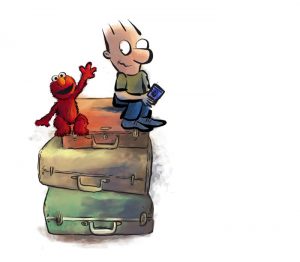
The key to learning isn't mountains of information. In order to learn we need “tiny increments”. One teensy bit, explained in great detail, then put into action.
Most Psychotactics workshops are two to three-day events, even though the content can easily be delivered in under a day.
The reason for this expanded amount of time is to give every participant the breathing space to not just understand what's being taught, but to implement it several times over. And yes, in tiny bites. This enables the participant to gain the skill without the overwhelm that you feel at other workshops and seminars. Tiny increments ensure skill, not just more information.
That's what makes a Psychotactics workshop unique.
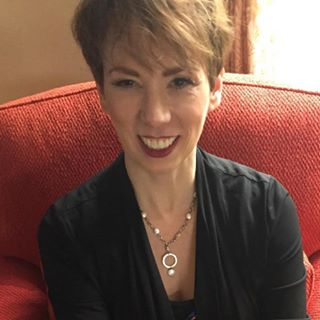
Jen Jackson Author Washington, USA
“Sean and Renuka seem to attract great people, and we all laughed and learned together.”
I’ve been to lots of workshops, both good and not-so-good. The Psychotactics workshop was one of the finest I’ve been to. I’ve enjoyed learning through Psychotactics online courses and knew I wanted to go to a live event.
ThePsychotactics workshop exceeded even my sky-high expectations.
Why?
1. Fun!
We all enjoyed each other, even though many of us had not met or corresponded before. Sean and Renuka seem to attract great people, and we all laughed and learned together.
2. Space.
Not just physical space but learning space. We had lots of breaks sprinkled throughout the day. We could get up and get snacks, chat a bit, and let what we learned “marinate.”
3. Structure.
Sean’s organization of the material and how he presents it make each little bit “snackable.” Sean can break down the complicated into comprehensible tiny tasks. We were able to create a landing page, tiny step by tiny step.
4. Safety.
No question was “stupid.” We could make mistakes and ask questions without the fear of embarrassment. I am so glad I got to meet Sean and Renuka. It seemed like I already knew you. Looking forward to more laughs.
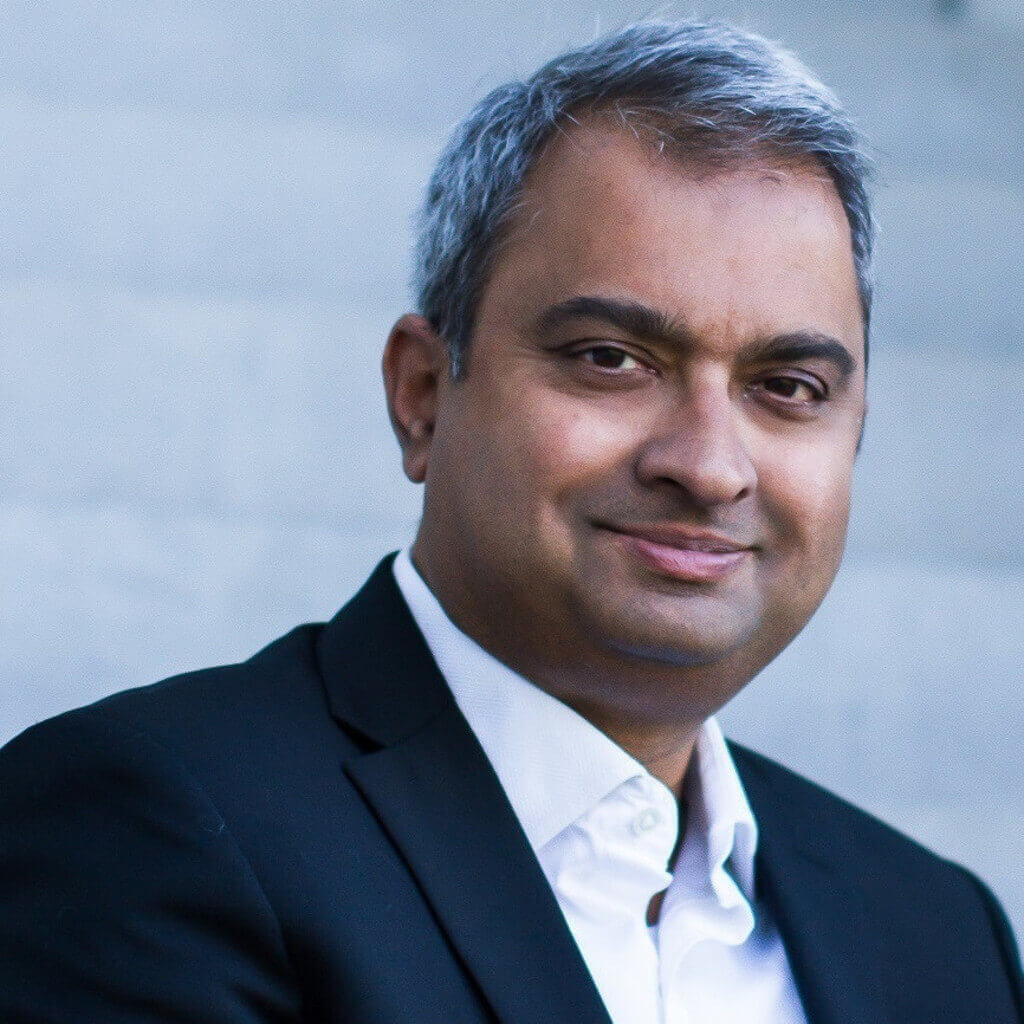
Dhiren Desa, Digital Strategist, Munich, Germany.
“In almost any other workshop you think you are getting a ton of information. Most of it is information overload. And then you never do anything about it.”
I have done many workshops. Psychotactics stands out head and shoulders about the others. For one simple reason Sean is a master of communicating learning. Very few people understand that the brain has can absorb only a certain about of information before it has to digest and rest. And Sean understands that perfectly.
With spaced repetition; with bite-size chunks; and with time to get it into your subconscious, you can put into practice what you learn. You are able to digest and remember everything.
In almost any other workshop you think you are getting a ton of information. Most of it is information-overload. And then you never do anything about it. That is the really big difference between a Psychotactics Workshop and any other. And that is why I keep going back.
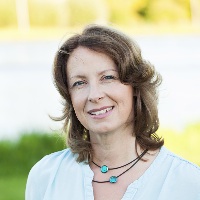
Els Jacobs, Trainer, Leiden, Holland
“What I find very important in a workshop is that the trainer comes up with a system that you can use over and over again.”
Very often you don’t find that in workshops, that is why I don’t attend training very often. What I like about a Psychotactics workshop, is that you get a system. Apart from that you meet a bunch of nice friendly people and it is lovely to chat with each other. And have dinner together and just have fun. The participants come from all over the world and they flock to this one place. They are introverts and a bit shy but by the end of the day you will find everyone is chatting happily, and totally in their comfort zone. And that is really, really nice.
What I find unique about Psychotactics is that what every question you have or whatever trouble you have you can always Sean, Renuka or the other members and you get a reply instantly. That makes it a very special community.

Steven White, Texas, USA
“Attending a Psychotactics workshop is a remarkable experience. You get so much more than just helpful information.”
This is the first time I have ever set aside time to attend a workshop unrelated to medicine. However, I was so eager to attend to get to meet Sean and Renuka and discover whether the accolades are all true. (They unequivocally are!) Sean and Renuka have a special way of connecting with people. Attending a Psychotactics workshop is a remarkable experience. You get so much more than just helpful information.
You learn a skill through ‘layered learning’ by learning a sequence of ‘tiny steps’ and then applying them to your own personal business.
This ‘crescendo effect’ continues to re-enforce what you have learned much like a snowball rolling down hill. You are not just ‘hearing things’ but instead also actually ‘doing things’ by working alone and together to apply the concepts Sean teaches you. His teachings quickly become second nature to you.
You also make new friends.
And enjoy spending time with them on walks, at the workshop, as well as during lunches and dinners. It’s an immersive experience. This allows everyone to continually ask questions of Sean (and each other) to further their understanding and simply have fun. How often do you leave a meeting and feel sad it’s over?
I believe Sean is a genius.
He has an uncanny ability to deconstruct the complexities of writing (and communicating) and see the elements within. He then teaches you how to reconstruct them in a way that is both simple and effective. Simple, not complex. Effective because he understands how people think. He is an remarkable teacher who is passionate about your learning. He makes sure you don’t just understand the concepts but more importantly you learn how to apply them (the skill).
Frequently Asked Questions
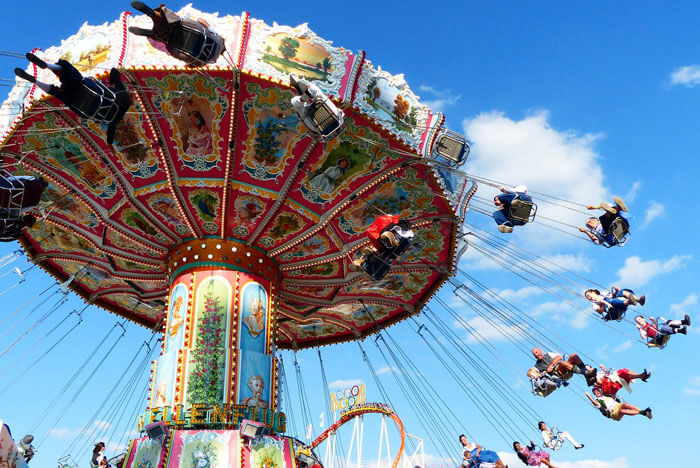
Location Details + Dates
Where is the workshop being held? Lisbon, Portugal
What are the dates and timing of the workshop?
Dates: 19- 20 May 2024 (Fully Booked)
Time: The workshop will start at 8:45 am each day and wrap up at 4:00 pm. No midnight sessions.
No. of participants: Limited to 6 people
Who is conducting the workshop: The workshop is being conducted by Sean D'Souza.
What is the price? Is there an early bird price? Are there instalments?
Early Bird price: € 1300 (Before 21 April)
Next Price: € 1600 (Up to 4 May)
Final Price: € 3000
How will the workshop be conducted?
You will get to explore parts of Lisbon with Sean. We will meet in the mornings, grab a coffee, and set off to take photos of Lisbon. Sean will explain the focus for the day, and we will have a quick recap at the end of the day. The goal of the workshop is pretty specific. It's not to give you more information but to give you a specific skill. By the time you leave the workshop, you will be able to put your knowledge to use because you've practised it repeatedly at the workshop itself. In a nutshell, that's what this workshop is all about.
Is there a money-back guarantee?
No, there isn’t. Most other workshops may offer you a money-back guarantee but don’t promise skill. We don’t offer a money-back guarantee, but we guarantee the skill. You “will” be able to benchmark where you started, what you did, and the skills you have developed by the end of the workshop. However, there may be a situation where you can’t make the workshop. You can send someone else in your place, but there’s no money-back guarantee.
How do I sign up right away?
You can sign up below. And no, there are no discounts even if you sign up more than one person. The prices are overly reasonable when considered with workshops of this calibre.
What equipment do I need to bring to the photography workshop?
The only equipment you need to bring to the workshop is a phone or a camera. However, we can use both of them depending on the situation. You don't need a camera and if you don't have one, the phone is just as good. In fact for several years, a phone was all I used to get the photographs that I still cherish today. And you will find that the phone is just as good as a camera to learn the concepts.
Will the workshop cover both technical aspects of photography and artistic composition?
It's important to cover some technical aspects, because if you don't work with technology then the photographs just don't have the same intensity. However, a large part of what we are going to learn is about composition and approaching strangers and making them feel comfortable. This allows you to take lots of photographs with permission, even as they go about their every day lives.
Can beginners with no prior photography experience attend the workshop?
In one word: yes! And no you don't need any prerequisites or recommended skills to be a participant
Will there be hands-on practice sessions during the workshop, and will there be opportunities for individual feedback on our work?
Yes, there will be lots of feedback during the day and also at the end of the day.
What happens if I can't attend for some reason?
Once payment is made, there will be NO refunds. You are welcome to send a substitute in your place.
About meals
Meals just put up the price of the event, and most people have their own diets anyway. We will stop at locations where there are stores and restaurants nearby, and meals are easy to get and far more economical than if we added meals to the workshop price. However, you are in for a special treat—a chocolate from New Zealand.
About travel and accommodation
The price is for the 2-day workshop. It does not include accommodation, travel or meals. Once you sign-up, we will give you the location for the workshop, and you can book your accommodation and arrange your travel accordingly.
Do you have any further questions? Anything we've left out?
Email us (either Renuka or me) at sean@psychotactics.com or renuka@psychotactics.com. You should hear from us in 24-48 hours.
You’ll get a comprehensive set of details of everything once you sign up. Believe me, we’re thorough.
When is the next workshop, and where will it be held?
Email Renuka for more details—renuka@psychotactics.com
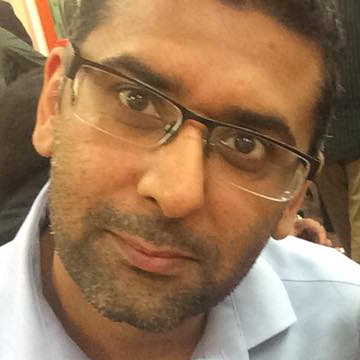
Ronak Pattani, UK
“As a shy, socially awkward introvert, this workshop was both scary and exciting at the same time. Over time, I started enjoying the interactions as much as the actual photography. It’s a skill I’m looking to develop further and for it to help in all areas of my life. It was a learning experience that was far more important than photography.
I dabbled in some photography, but my photographs just seemed a little boring. I have seen many of Sean's photographs and really liked them. There was something about them, but I couldn't put my finger on what it was. I also marvelled at how he seemed to get “behind the scenes” of cafes, restaurants, workshops etc.
I had done other Psychotactics courses, but never one in person and I enjoyed how Sean would break the learning down in to bite sized chunks.
So, when the photography course was announced, I knew I had to attend and learn from Sean in person.
- The workshop was a lot of fun; we walked around Lisbon.
- Sean would point out what we could / should photograph and also tell us why so we would know what to look out for next time.
- We had a focus of what we learning for the day, but also for each portion of the day, so we knew what to focus.
The workshop absolutely met my expectations. Not only did I learn how to take good quality photographs from a technical perspective, but also how to engage with the subjects we were photographing. How to make them feel at ease and how the subject would ask you to take their photos.
It was a learning experience that was far more important than photography.
The eye opener was not the technical element of photography but how to approach people and engage with them so that they let you take their photographs, but also where they would ask you to take their photos. As a shy, socially awkward introvert, this was both scary and exciting at the same time. Sean would patiently coach me on how to approach, how to stand, and what to say. Over time, I started enjoying the interactions as much as the actual photography. It's a skill I'm looking to develop further and for it to help in all areas of my life.
Sean is a patient and honest teacher. If you need help, you will get it.
If you need honest feedback, you get it. We all asked plenty of questions and had them all answered, even those unrelated to photography. We had plenty of laughs along the way. The 2-day workshop, whilst intense, didn't feel like we were learning; it felt like a jaunt around Lisbon with a camera. But the end result was you learned so much about photography.
- I learned that the subject you are photographing is a person. Treat them as such, be genuinely interested in them, and your photographs will turn out so much better than you could have imagined.
- I also learned that you can make a photograph, not just take one. Like an artist, you can create a good photograph, and you will learn that in the course.
I have noticed lots of improvements in my photography.
I can now compose a good picture, see what makes a good photograph, and know when to wait when to click, and what angles work the best. I would recommend this workshop without hesitation. It was so much fun, that I'd probably do the workshop again next it's available.
When is the next workshop, and where will it be held?
Email Renuka for more details—renuka@psychotactics.com
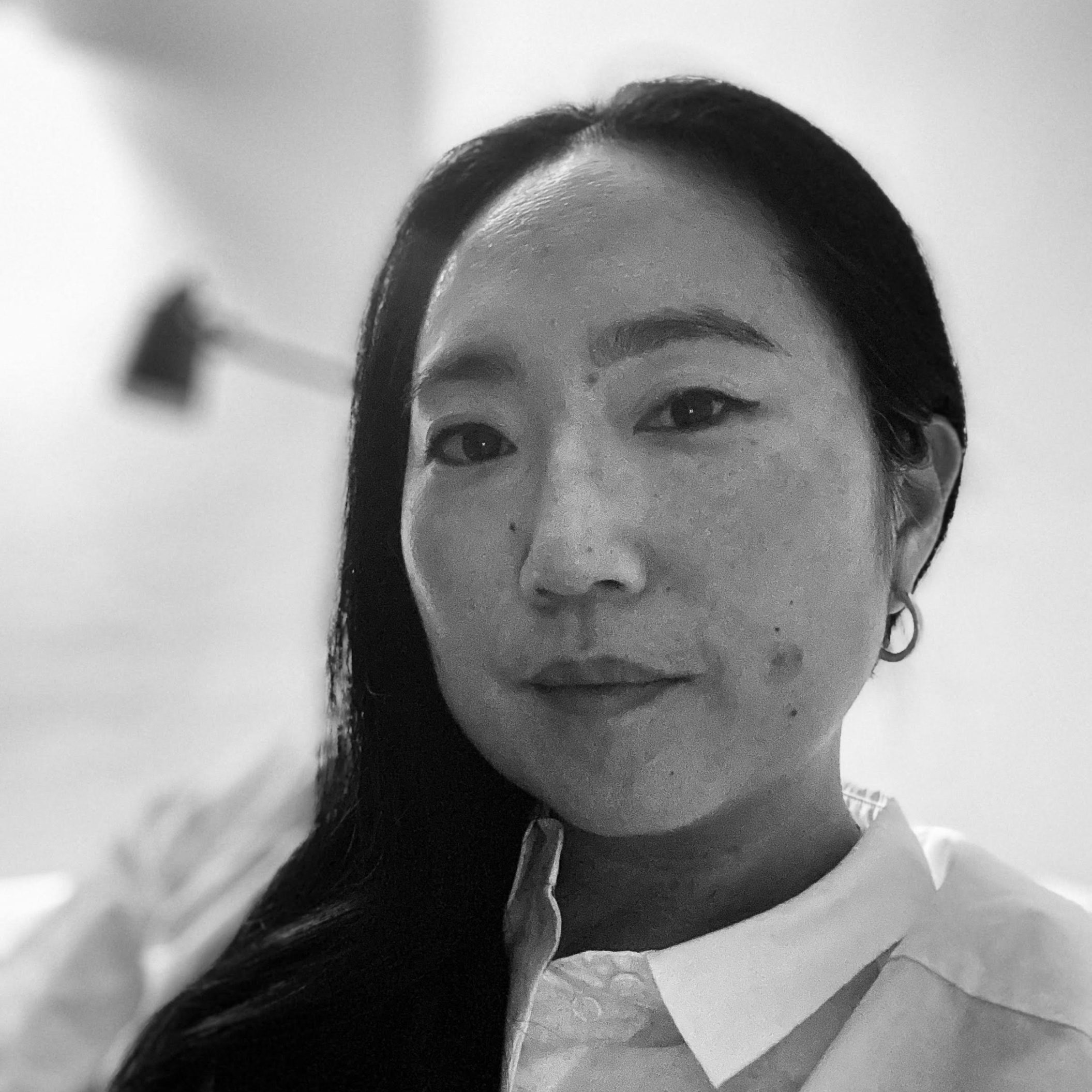
Caroline Betz, Germany
“If you think this workshop will give you all the tricks and technical secrets to getting that perfect shot, you’ll be sorely disappointed.”
We learned just four things over two days.
And after 46, 348 steps and 1378 shots later, I’m ecstatic to say that I had the wildest adventure of my adult life that doesn’t involve skydiving or tackling crocodiles.
What is the result of discovering these four things?
More than four dozen photos I’m happy to print in a book to show off to all my friends and family. Sean showed us exactly what we needed to get a clear and stunning shot and nothing more. Not only that, he revealed the things you’ll never find in a photography book (or other workshop) that makes the magic happen.
When you do this ONE thing he taught and demonstrated on Day One, the possibilities open up, and you not only get unfettered access to your beautiful subject, but you also end up making real human connections.
Bonus goodies: Free coffee and pineapple, smiles, thank yous and even a hug from the humans you’ve taken photos of. I joked to Sean I’d run a photography meets pick-up artistry workshop on Day Two of the workshop. I’m now starting to think it could be a possibility with all the numbers and details I got from my subjects!
If you’re after a technical photography workshop with a workbook full of tips, skip this one.
But if you want an experience that gently stretches your window of tolerance for doing exciting and slightly scary things while expanding your capacity to capture moments of humans doing human things…
Sign up before Sean changes his mind and never offers it again.
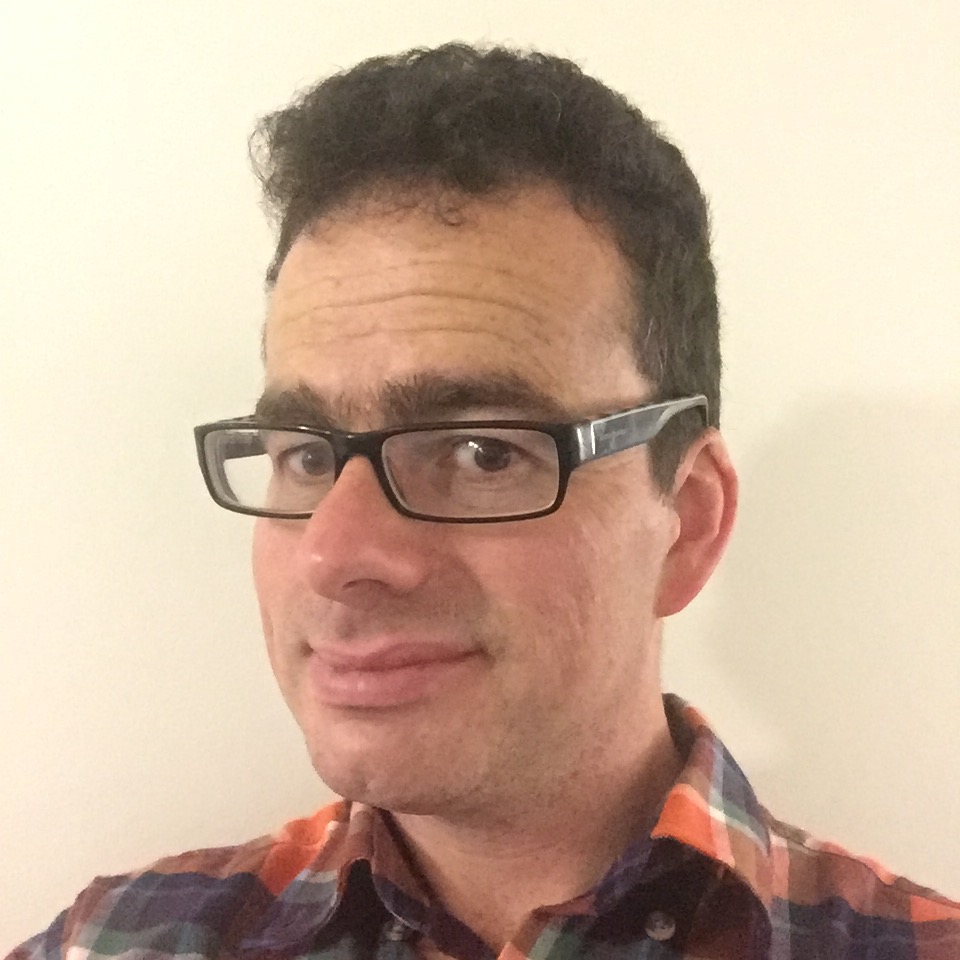
Jason Buckley, UK
“I was as close to a blank sheet in photography knowledge as anyone in 2024 can get.”
While I’ve still got to get my head around the purely technical aspects of my camera, what I got from the two days was something you can’t get from watching some YouTube videos: a real sense of how to find the photograph in something everyday, by applying some simple principles that are now built in to every time I point a camera.
I got what I wanted from the course, which was to learn about something that was completely new to me and acquire a new interest I can take with me everywhere. But someone who was already a proficient photographer would have a lot to gain as well.
I’ve been on courses with Sean and Renuka before, so, as I expected, I had a good time and enjoyed the other participants on the course.
The extra bonus this time was enjoying the people of the city that we photographed, and seeing their delight and gratitude at being captured doing their thing. It’s a beautiful way of connecting with people.
When is the next workshop, and where will it be held?
Email Renuka for more details—renuka@psychotactics.com
When is the next workshop, and where will it be held?
Email Renuka for more details—renuka@psychotactics.com
